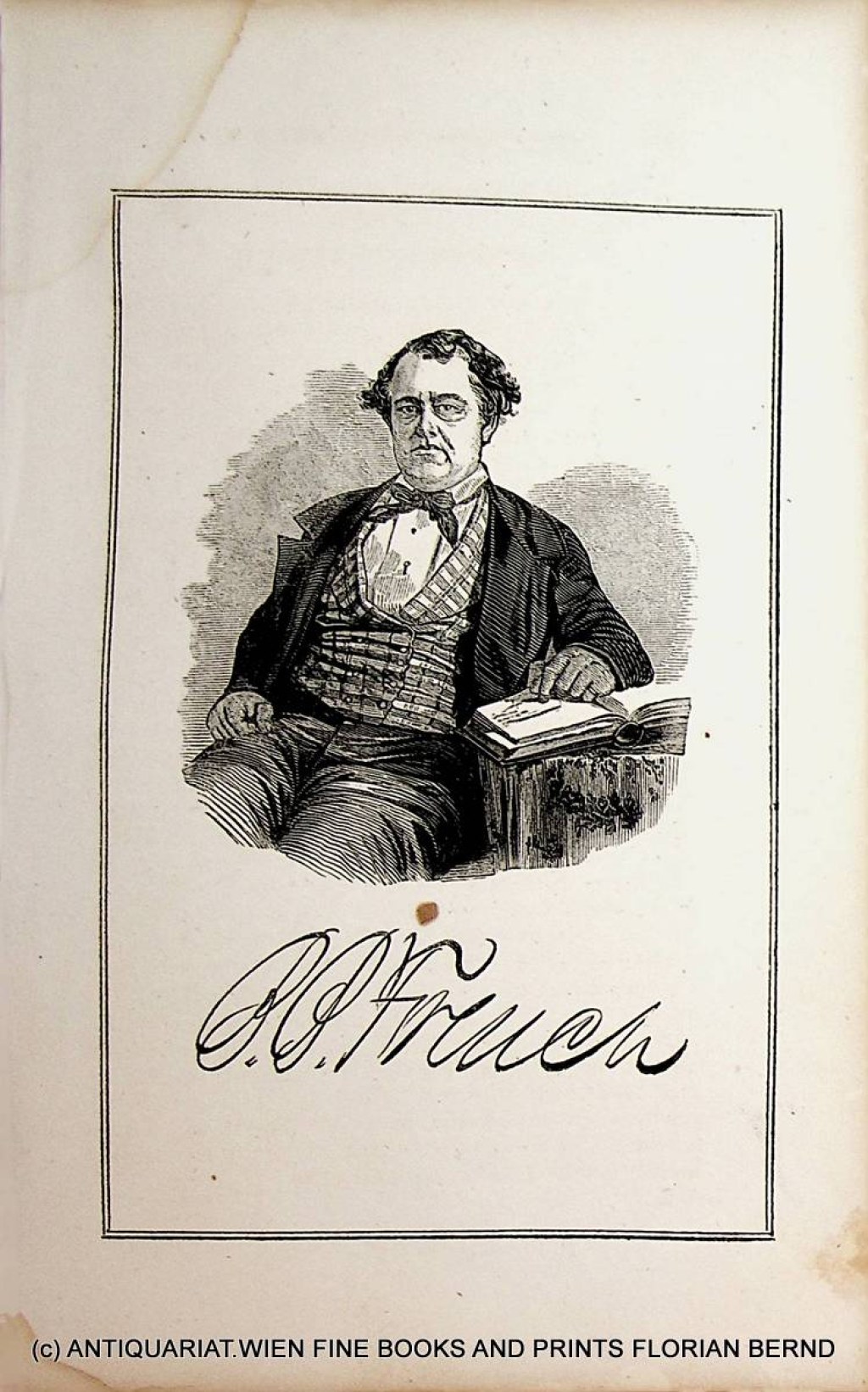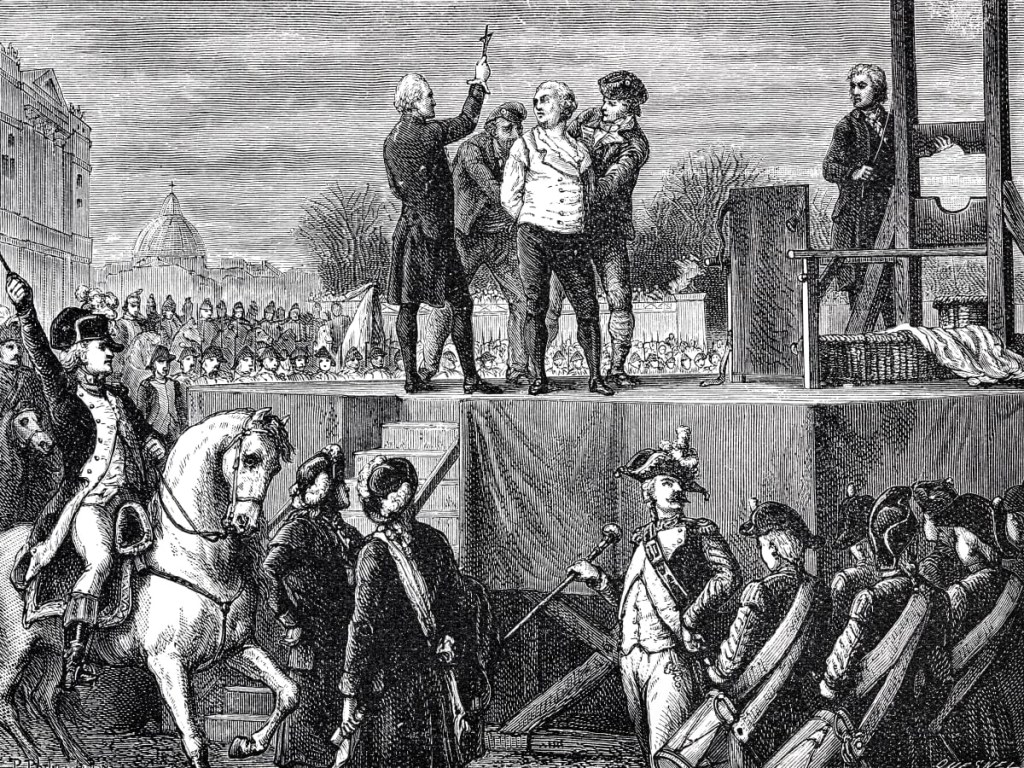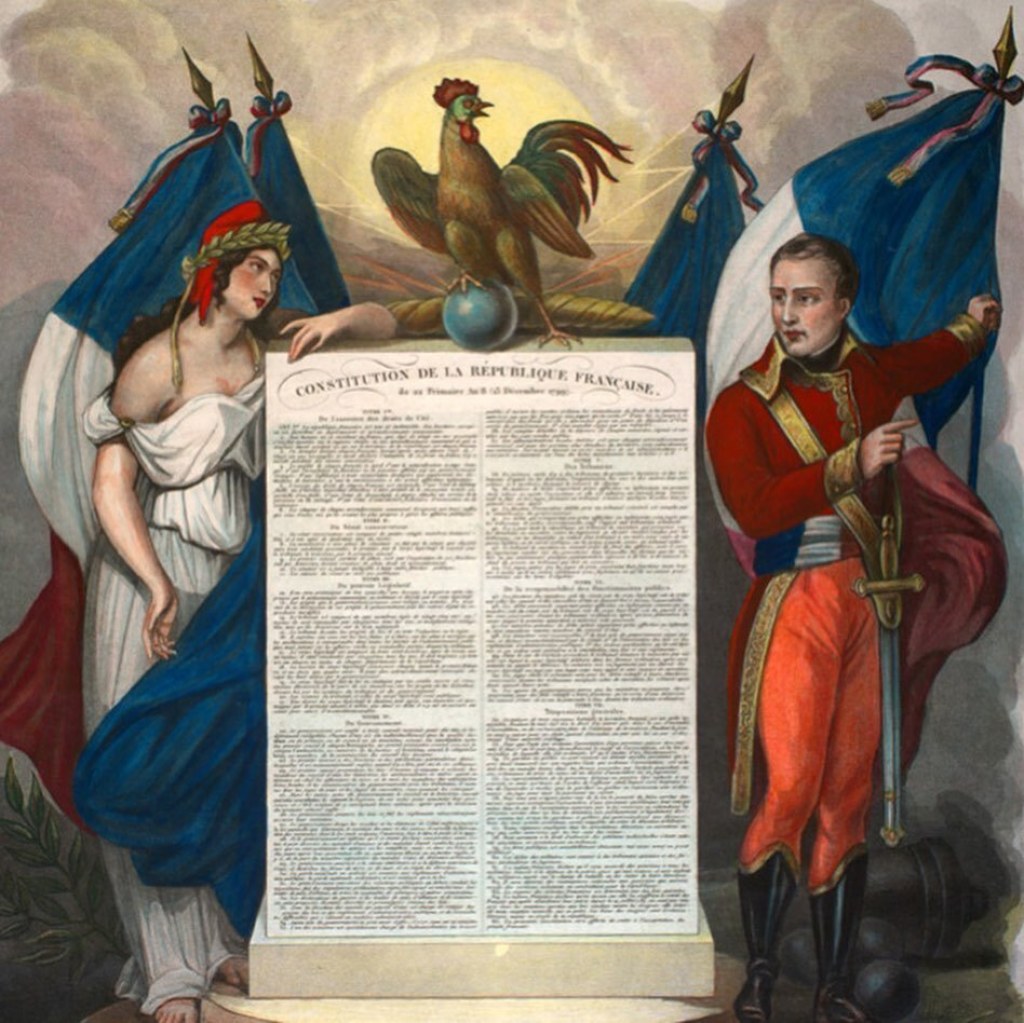French Politics in the 1800s: A Glimpse into a Turbulent Era
Greetings, Readers! Today, we delve into the captivating world of French politics in the 1800s. This pivotal period witnessed significant social and political changes that shaped the nation’s destiny. Join us as we explore the key players, events, and ideologies that defined French politics during this era.
Introduction
1. The French Revolution of 1789 set the stage for a political landscape characterized by turmoil and transformation in the following century.
2. The 1800s witnessed the rise and fall of several political regimes, including the First French Republic, the First French Empire under Napoleon Bonaparte, the Bourbon Restoration, and the July Monarchy.
3. France’s political landscape was marked by a constant struggle between conservative and liberal factions, each vying for control and influence.
4. The ideologies of republicanism, liberalism, socialism, and conservatism clashed during this period, shaping the political discourse and policies of the time.

Image Source: abebooks.com
5. The 1800s also saw France engage in numerous military conflicts, including the Napoleonic Wars, which had significant implications for domestic politics and international relations.
6. Economic transformations, such as industrialization and the growth of capitalism, impacted French society and politics, giving rise to new social classes and tensions.
7. It is within this complex historical context that we explore the intricacies of French politics in the 1800s.
The What: Understanding French Politics in the 1800s
The political landscape of France in the 1800s was characterized by a series of revolutionary changes and power struggles. The French Revolution had abolished the monarchy and established a republic, which eventually led to Napoleon Bonaparte’s ascent to power. Under Napoleon’s rule, France experienced a period of centralization and expansion, ultimately establishing an empire.
However, Napoleon’s reign came to an end with his defeat at the Battle of Waterloo in 1815. The Bourbon monarchy was then restored, marking a shift towards more conservative policies. The period that followed, known as the Bourbon Restoration, aimed to reinstate the old traditions and institutions that had been dismantled during the revolution.

Image Source: saymedia-content.com
By the late 1820s, discontent with the Bourbon monarchy grew, leading to the July Revolution of 1830. This revolution resulted in the overthrow of the Bourbon king and the ascension of Louis-Philippe, who ruled as the Citizen King during the July Monarchy.
The July Monarchy witnessed greater political stability compared to previous decades. However, social and economic tensions persisted, leading to a series of uprisings and protests that ultimately led to the downfall of Louis-Philippe in the February Revolution of 1848.
The revolution of 1848 marked the establishment of the Second French Republic, characterized by a more liberal and democratic political system. However, political divisions and conflicts soon emerged, leading to the eventual rise of Louis-Napoleon Bonaparte, nephew of Napoleon Bonaparte, as President of the Republic.
In 1852, Louis-Napoleon Bonaparte staged a coup d’état, establishing the Second French Empire and proclaiming himself Emperor Napoleon III. The Second Empire was marked by authoritarian rule, economic modernization, and attempts to restore France’s dominance on the international stage.
The Who: Key Figures in French Politics of the 1800s
1. Napoleon Bonaparte: A military genius who rose to power during the French Revolution and became the Emperor of the French.

Image Source: squarespace-cdn.com
2. Louis XVIII: The Bourbon monarch who ruled during the Bourbon Restoration, attempting to reconcile the monarchy with revolutionary ideals.
3. Charles X: The Bourbon king who succeeded Louis XVIII but faced resistance due to his reactionary policies, ultimately leading to the July Revolution.
4. Louis-Philippe: The Citizen King who reigned during the July Monarchy, attempting to balance liberal reforms with the desire for stability.
5. Louis-Napoleon Bonaparte (Napoleon III): The nephew of Napoleon Bonaparte, who became President and later Emperor of the Second French Empire.
The When: Key Events in French Politics of the 1800s
1. The French Revolution (1789-1799): A period of radical political and social upheaval that marked the end of the Bourbon monarchy.
2. The Napoleonic Wars (1803-1815): A series of conflicts led by Napoleon Bonaparte that reshaped Europe and established French dominance.
3. The Bourbon Restoration (1814-1830): The period following Napoleon’s defeat, during which the Bourbon monarchy was restored.
4. The July Revolution (1830): An uprising that led to the overthrow of Charles X and the establishment of the July Monarchy.
5. The February Revolution (1848): A revolution that ended the July Monarchy and established the Second French Republic.
6. The December 1851 coup d’état: Louis-Napoleon Bonaparte’s seizure of power, leading to the establishment of the Second French Empire.
7. The Franco-Prussian War (1870-1871): A conflict between France and Prussia that resulted in the fall of the Second French Empire and the establishment of the Third French Republic.
The Where: Locations of Significance in French Politics of the 1800s
1. Paris: The political and cultural center of France, where many key events and uprisings took place.
2. Versailles: The site of the palace where Louis XVI and subsequent French monarchs resided.
3. Austerlitz: The site of Napoleon’s famous victory against the Austrians and Russians in 1805.
4. Waterloo: The Belgian town where Napoleon was defeated, leading to his exile and the end of the First French Empire.
5. Sedan: The location of the decisive battle in 1870 during the Franco-Prussian War, which led to the capture of Napoleon III and the fall of the Second French Empire.
The Why: Ideologies and Motivations in French Politics of the 1800s
1. Republicanism: Advocated for the establishment of a republic and the abolition of monarchy and aristocracy.
2. Liberalism: Emphasized individual rights, representative government, and free markets.
3. Socialism: Focused on economic equality and the welfare of the working class.
4. Conservatism: Sought to preserve traditional institutions and hierarchies.
5. Nationalism: Promoted a sense of national identity and unity, particularly after the defeat in the Napoleonic Wars.
The How: Mechanisms of French Politics in the 1800s
1. Political Parties: Different factions, such as the Legitimists, Orleanists, and Republicans, competed for power and influence.
2. Elections: Universal male suffrage was gradually introduced, allowing citizens to participate in the political process.
3. Political Debates and Discourse: Intellectuals and politicians engaged in heated debates about the direction of France, influencing public opinion and shaping policies.
4. Revolutions and Uprisings: Popular uprisings and revolutions played a significant role in shaping French politics, leading to the downfall or rise of regimes.
5. Censorship and Propaganda: Governments used various means to control information and shape public opinion, often leading to restrictions on the press and the spread of propaganda.
Advantages and Disadvantages of French Politics in the 1800s
Advantages:
1. Increased political participation: The establishment of republics and the introduction of universal male suffrage allowed more individuals to participate in the political process.
2. Social and political reforms: Various political regimes implemented reforms aimed at improving the lives of ordinary citizens, such as the abolition of slavery and the expansion of education.
3. Economic growth and industrialization: France experienced significant economic growth during the 1800s, fueled by industrialization and the growth of capitalism.
Disadvantages:
1. Political instability: France witnessed frequent changes in political regimes, leading to uncertainty and instability.
2. Repression and authoritarianism: Some regimes, such as the Second French Empire, relied on authoritarian measures to maintain control, limiting political freedoms.
3. Social inequality: Despite economic growth, social inequality persisted, with the working class often facing poor living and working conditions.
Frequently Asked Questions (FAQs)
1. Q: How did the French Revolution impact French politics in the 1800s?
A: The French Revolution set the stage for a period of political upheaval and ideological conflicts that characterized French politics in the 1800s.
2. Q: What were the main goals of the July Monarchy?
A: The July Monarchy aimed to strike a balance between liberal reforms and the preservation of social order, with Louis-Philippe as the Citizen King.
3. Q: What was the significance of the February Revolution of 1848?
A: The February Revolution of 1848 ended the July Monarchy and established the Second French Republic, ushering in a more democratic political system.
4. Q: How did the Franco-Prussian War impact French politics?
A: The Franco-Prussian War resulted in the fall of the Second French Empire and the establishment of the Third French Republic.
5. Q: What were the main ideologies that influenced French politics in the 1800s?
A: Republicanism, liberalism, socialism, conservatism, and nationalism were the key ideologies that shaped French politics during this period.
Conclusion
In conclusion, French politics in the 1800s was a tumultuous journey marked by revolutions, power struggles, and ideological conflicts. From the ashes of the French Revolution, new political regimes emerged, each attempting to shape the destiny of the nation. Republicanism, liberalism, socialism, and conservatism clashed, while military conflicts and economic transformations added further complexity to the political landscape. Despite the challenges and drawbacks, this era witnessed advancements in political participation, social reforms, and economic growth. Understanding the intricacies of French politics in the 1800s provides valuable insights into the nation’s historical development and the enduring legacy of this transformative period.
Final Remarks
Friends, exploring French politics in the 1800s allows us to reflect on the complexities of political systems and their impact on society. The struggles and achievements of this era serve as a reminder of the importance of political engagement and the pursuit of social progress. Let us learn from history and strive for a better future in which democratic values, equality, and justice prevail.